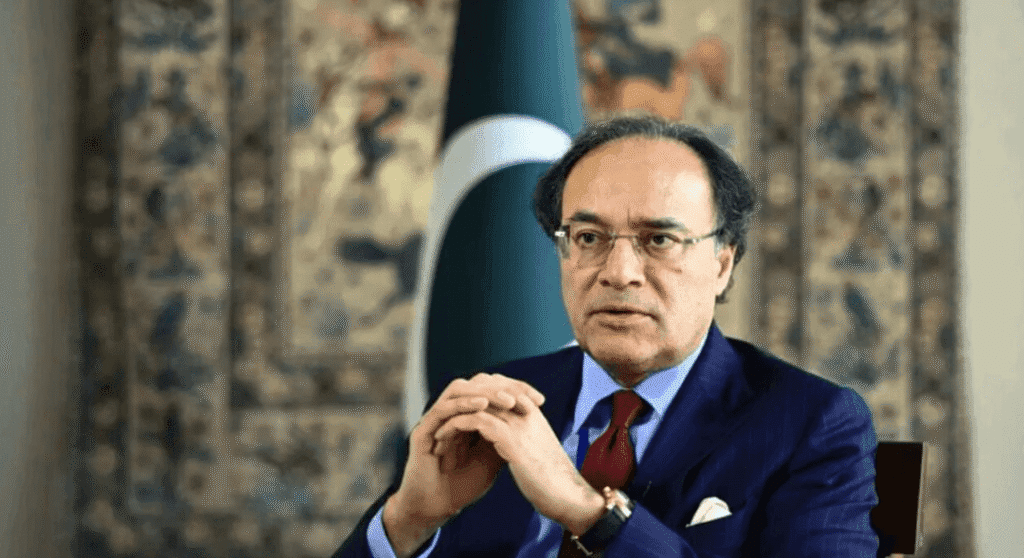ISLAMABAD: Finance Minister Muhammad Aurangzeb has assured that Pakistan’s economy remains stable and resilient despite the recent military escalation with India, describing the flare-up as a “short-duration escalation” that poses no major threat to the country’s financial outlook.
In an interview with Reuters, Aurangzeb said the government is fully capable of managing the situation within its existing fiscal plan. “There is no need for a fresh economic assessment at this stage,” he asserted.
The minister noted that economic diplomacy remains a priority. He said that trade talks with the United States, which played a key role in facilitating the ceasefire, are expected to gain momentum in the coming weeks. He also revealed that Pakistan is exploring expanded imports of cotton and soybeans, as well as investment opportunities in the energy sector, particularly hydrocarbons.
US President Donald Trump, who confirmed the ceasefire agreement, emphasized that trade interests helped encourage both countries to step back from the brink. As part of the de-escalation effort, the US temporarily suspended a 29% tariff on Pakistani exports for 90 days—a move that Aurangzeb welcomed as a sign of progress.
On the international financial front, Aurangzeb confirmed that Pakistan will receive a $1 billion tranche from the International Monetary Fund (IMF) on Tuesday. This is part of a broader $7 billion bailout package. In addition, the IMF has approved another $1.4 billion loan under its climate resilience program, offering further support to the country’s economic recovery.
As for the upcoming federal budget, Aurangzeb said discussions with the IMF will be held from May 14 to 23, and the budget is expected to be finalized shortly thereafter. He said defense spending would be carefully considered, adding that while it’s too early to provide specifics, national security needs would be met without derailing fiscal discipline.
He also downplayed concerns surrounding India’s suspension of the Indus Waters Treaty, expressing confidence that the agreement would be reinstated in due time and that its temporary disruption would not have an immediate economic impact.
In summary, Aurangzeb projected a message of confidence and control, stating that Pakistan’s economic trajectory remains steady and well-supported, even in the face of geopolitical tensions.
